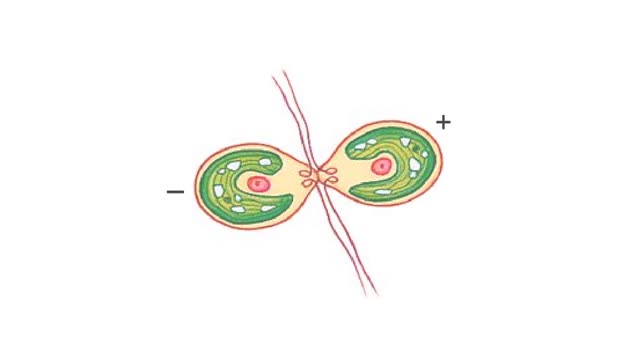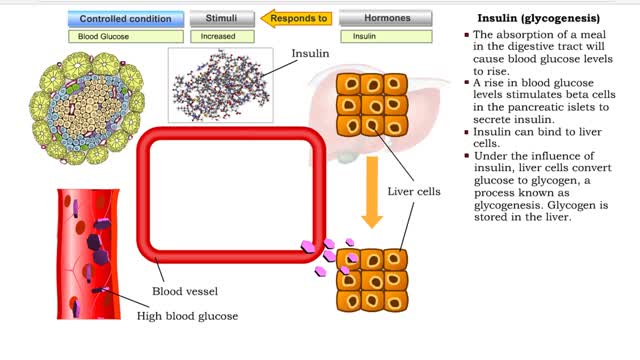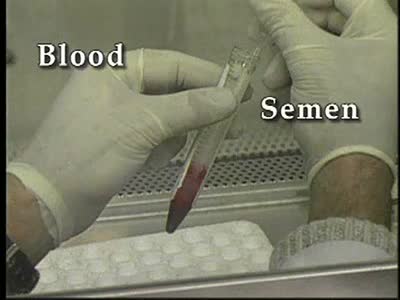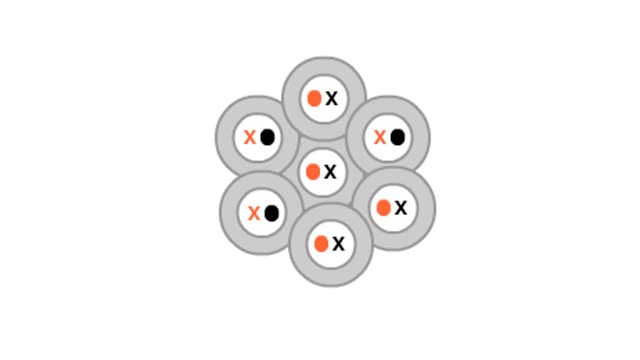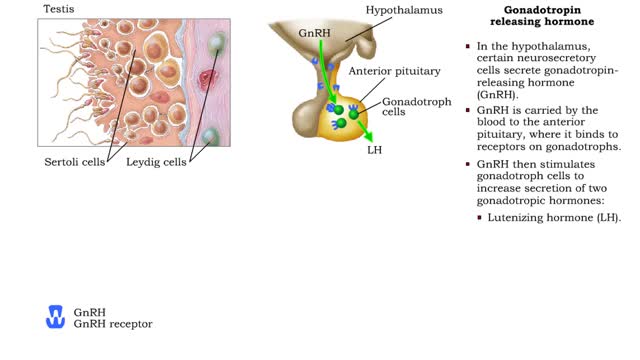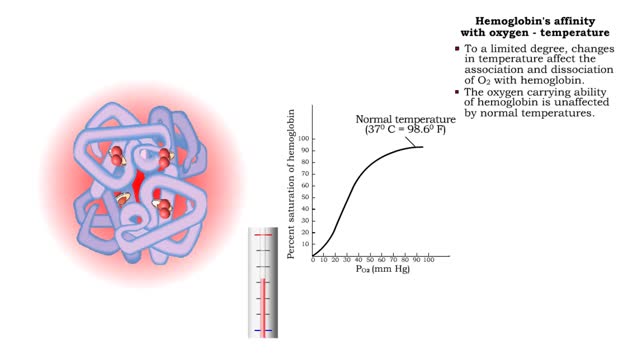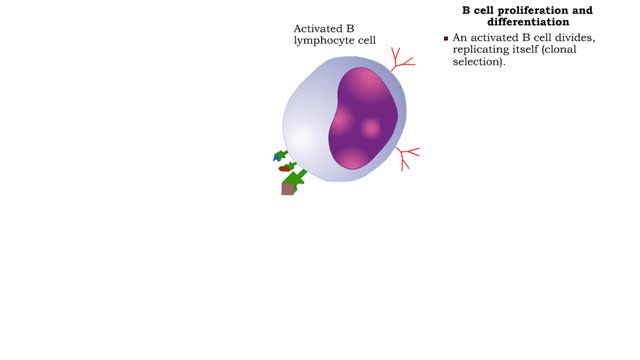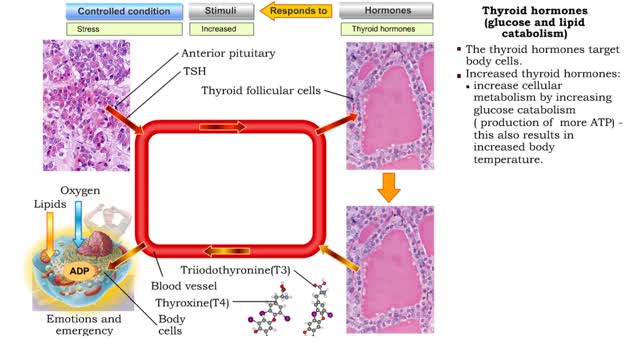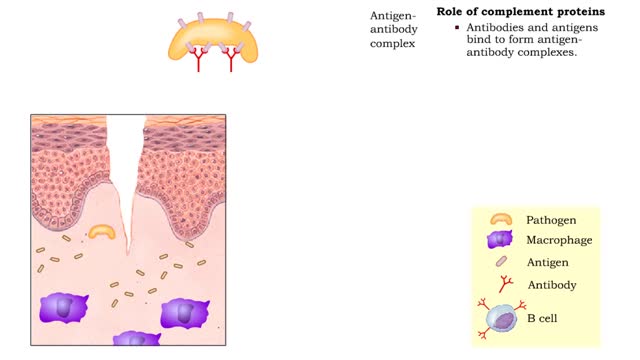Search Results
Results for: 'naive cytotoxic T cells'
Cellular slime mold life cycle Animation
By: HWC, Views: 4981
Life cycle of Dictyostelium discoideum, a cellular slime mold Animation. Amoeba-like slime mold cells live in the soil, where they feed on bacteria. The free-living cells grow and reproduce by mitosis. When food dwindles, the amoebas stream toward one another in response to a chemical...
Insulin (glucose uptake by body cells), glycogenesis and lipogenesis
By: HWC, Views: 10888
Insulin is the regulator that allows the sugar from the foods we eat (be it a piece of cake or a stick of celery) to enter our tissues and become part of the metabolic process. Insulin is made by the Islets of Langerhans, which are found in the pancreas of every person. As we previously mentio...
Introduction to Human Immunodeficiency Virus (HIV)
By: Administrator, Views: 13587
Human immunodeficiency virus gains entry into helper T cells, uses the cell DNA to replicate, interferes with normal function of the T cells, and destroys the normal cells. 1 in 10 persons with AIDS: age 50 or older. 4% of all AIDS cases: age 65 or older. AIDS’ main form of treatment: an...
X chromosome inactivation in calico cats
By: HWC, Views: 7654
X chromosome inactivation causes a mosaic tissue effect in calico cats. what makes this female calico cat "calico." Like all mammals, this cat began her life as a single cell. That cell had two X chromosomes, one from each parent. One of the chromosomes carried a dominant allele for the ...
Male Reproductive System - The gonadotropin releasing hormone
By: HWC, Views: 11488
• Hormonal mechanisms that influence male reproductive function involve endocrine tissues contained in the: • Hypothalamus of the brain. • Anterior pituitary. • Testes. • In the hypothalamus, certain neurosecretory cells secrete gonadotropin- releasing hormone (GnRH). • GnRH ...
Hemoglobin's affinity with oxygen - carbon dioxide, temperature and bisphosphoglycerate (BPG)
By: HWC, Views: 10673
• The carbon dioxide gas is temporarily converted to carbonic acid in red blood cells by the enzyme carbonic anhydrase, and then further converted to hydrogen and bicarbonate ions. • The result of increased carbon dioxide is decreased pH causing the Bohr effect. • Elevated carbon dioxid...
By: HWC, Views: 11489
What Are Antibodies? Antibodies, also known as immunoglobulins, are Y-shaped proteins that are produced by the immune system to help stop intruders from harming the body. When an intruder enters the body, the immune system springs into action. These invaders, which are called antigens, can be vi...
hGH, Thyroid hormones & Aldosterone
By: HWC, Views: 10794
Glycogenolysis and lipolysis • Stressors stimulate production of a hypothalamic releasing hormone (GHRH). • The releasing hormone stimulates somatotroph cells of anterior pituitary to secrete human growth hormone. • Human growth hormone targets liver cells and fat cells. hGH (glycog...
By: HWC, Views: 10476
• Non-specific and specific defense mechanisms work through the functions of complement proteins. • As soon as pathogens penetrate the physical barrier of the skin, other resistance mechanisms begin. • Cells, such as macrophages, phagocytize pathogens. • These cells increase exposu...
Advertisement



